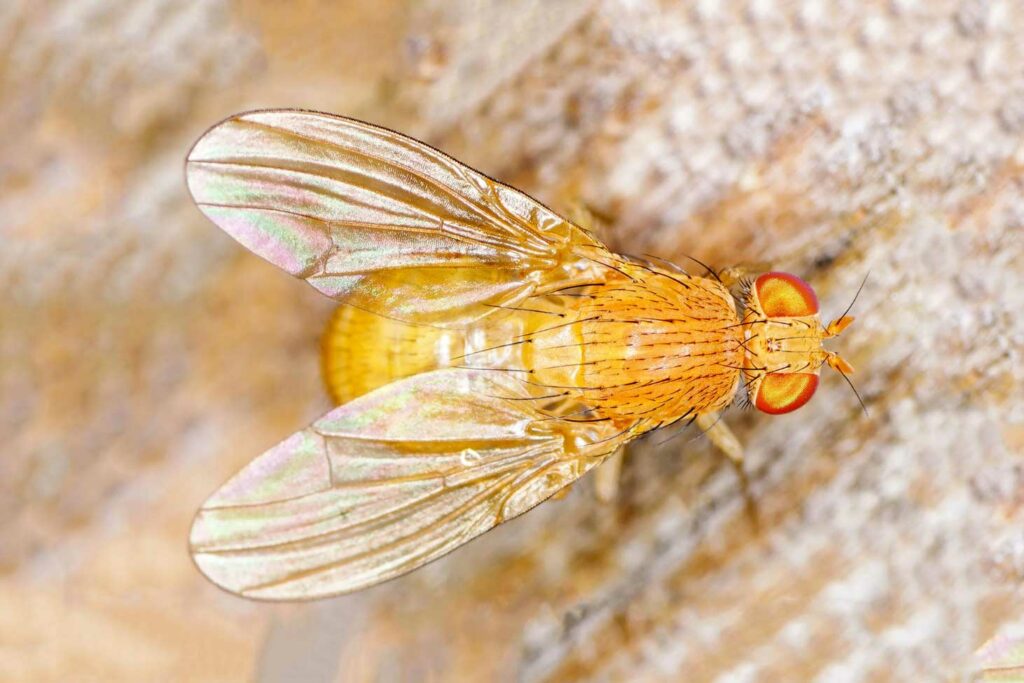An effective immune system must defend the body against various infections while minimizing severe tissue damage. Immune effectors have been extensively studied, but the resilience mechanisms shielding the host from its immune response still need to be better understood.
Antimicrobial peptides (AMPs) are cationic, short peptides that target bacteria’s negatively charged membranes to support natural defenses. AMPs can be cytotoxic to host cells even while they are protective against infections.
A recent study using fruit flies, headed by Bruno Lemaitre’s group at EPFL, examines a novel facet of this balance. They focused on a family of proteins known as Turandot (after an opera), which are known to be produced when the fruit fly experiences stress or an immune system activation, though it is unclear exactly what function they serve. According to the research, turandot proteins really assist in shielding the fruit fly from harm brought on by its own immune system.
The study suggests that the Turandot proteins bind to the membranes of host cells, especially those in the respiratory epithelium, and shield them from the deleterious effects of AMPs. This defense mechanism is essential for preserving tissue integrity and guaranteeing the organism’s survival under stress.
The researchers employed cutting-edge techniques like computer modeling, lipid binding assays, and electrophysiological to investigate Turandot. Thanks to these techniques, they were able to see how Turandot interacted with cell membranes. It was discovered that Turandot mostly adheres to phosphatidylserine, a particular kind of lipid present on the surface of stressed cells. By attaching itself to phosphatidylserine, Turandot prevents other molecules known as AMPs from harming the body’s own cells.
The work contributes to our understanding of the intricate workings of the immune system. It sheds insight into the evolutionary tactics evolved by animals to reduce the amount of damage they inflict upon themselves during immune responses.
Researchers noted, “To our knowledge, our study is the first to identify a class of molecules protecting animal cells from the action of antimicrobial peptides.”
The results may have broader ramifications since they raise the possibility that humans and other species share comparable defense mechanisms. This provides new treatment opportunities, especially in disorders like certain neurodegenerative ones where immune system hyperactivity can be harmful.
Journal Reference:
Samuel Rommelaere, Alexia Carboni, et al.A humoral stress response protects Drosophila tissues from antimicrobial peptides. Current Biology. DOI: 10.1016/j.cub.2024.02.049
>>> Read full article>>>
Copyright for syndicated content belongs to the linked Source : Tech Explorist – https://www.techexplorist.com/some-proteins-protect-against-antimicrobial-peptides/82383/
